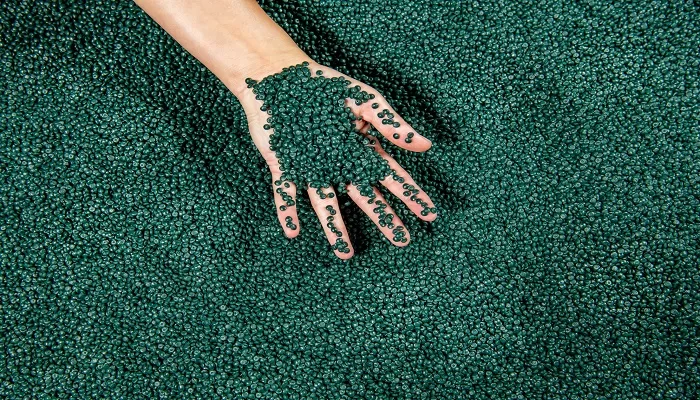Auto
Revolution In the Car Industry: Parts Made from Recycled Fishing Nets

In a first for the automotive industry, the models of the NEUE KLASSE due to be launched from 2025 onwards will feature trim parts made of plastic whose raw material contains around 30 percent recycled fishing nets and ropes. This raw material is proactively sourced at ports all around the world to ensure that it doesn’t end up being discarded in the sea.
In an exclusive recycling process, waste material from the maritime industry is used to produce trim parts suitable for the exterior and interior of future vehicles. The resulting components have an approximately 25 percent lower carbon footprint than their counterparts made from conventionally manufactured plastics.
Conserving resources, reducing the carbon footprint, avoiding ocean pollution.
The BMW Group is working with different approaches to use plastic waste from the maritime industry as a raw material for vehicle components in order to conserve valuable resources and reduce CO2 emissions. This form of recycling makes it possible to reduce the need for petroleum-based primary plastics and at the same time counteract ocean pollution.
Recycled nylon waste forms the basis for a synthetic yarn from which the floor mats in the BMW iX and the new BMW X1, for example, are made. This material, known as ECONYL, is made from discarded fishing nets well as worn floor coverings and residual waste from plastics production.
Only at the BMW Group: Maritime plastic waste used to produce visible trim parts.
In a new initiative developed in cooperation with the Danish company PLASTIX, the BMW Group is taking the recycling of maritime plastic waste a step further. After separation, fishing nets and ropes undergo an innovative process that produces plastic granules. While recycled maritime plastic has so far only been used in the automotive industry in the form of fibres for new vehicle components, this recycled material is now also suitable for the injection moulding process for the first time. The raw material for the components manufactured in this way can consist of around 30 percent maritime plastic waste.
This creates additional application possibilities for recycled plastics. The components manufactured using the injection moulding process are trim parts that will be used in both non-visible and visible areas of the exterior and interior of the NEUE KLASSE models from 2025. Overall, the BMW Group has set itself the target of increasing the proportion of secondary materials in the thermoplastics used in new vehicles from currently around 20 percent to an average of 40 percent by 2030.
Source: BMW Group






















































